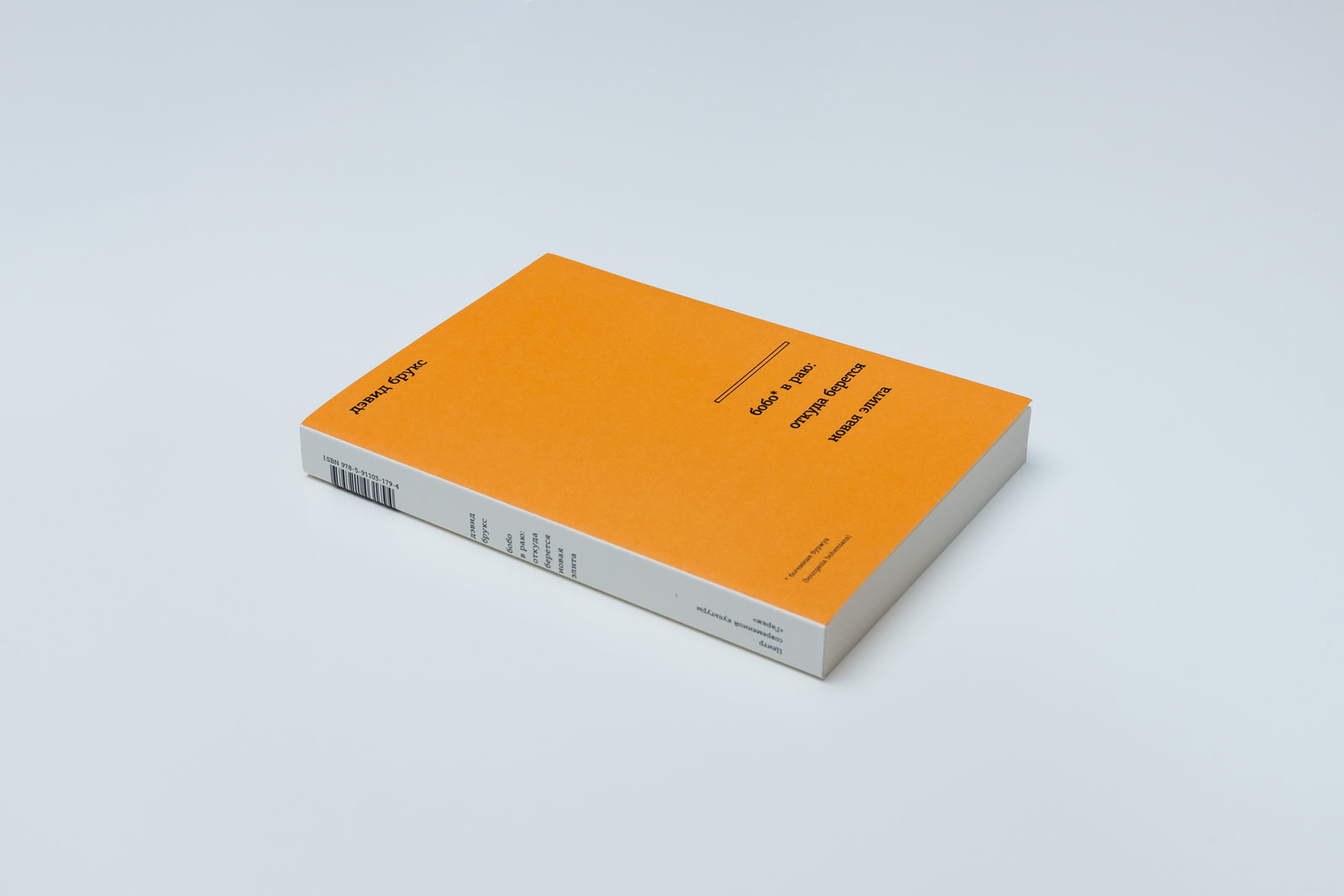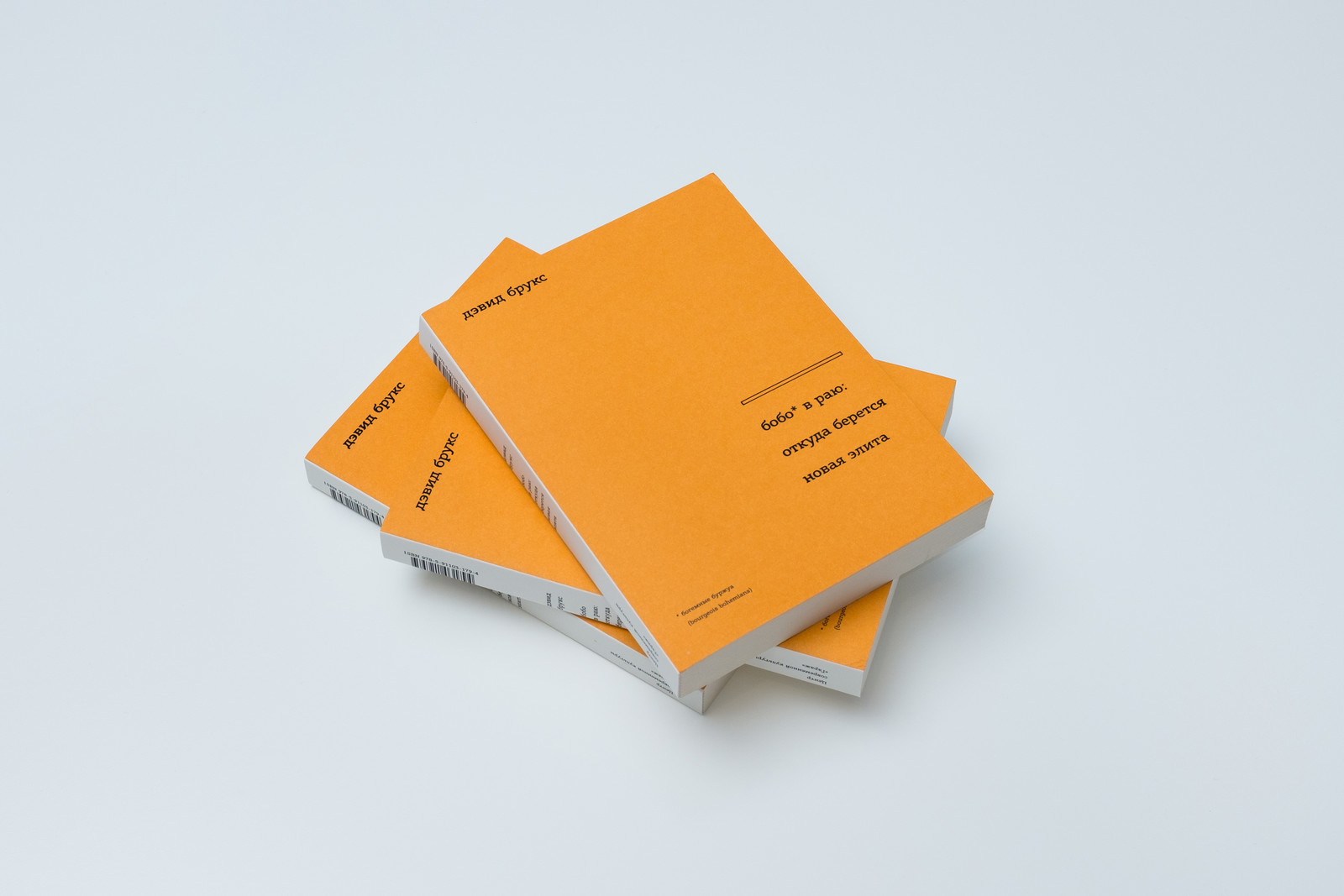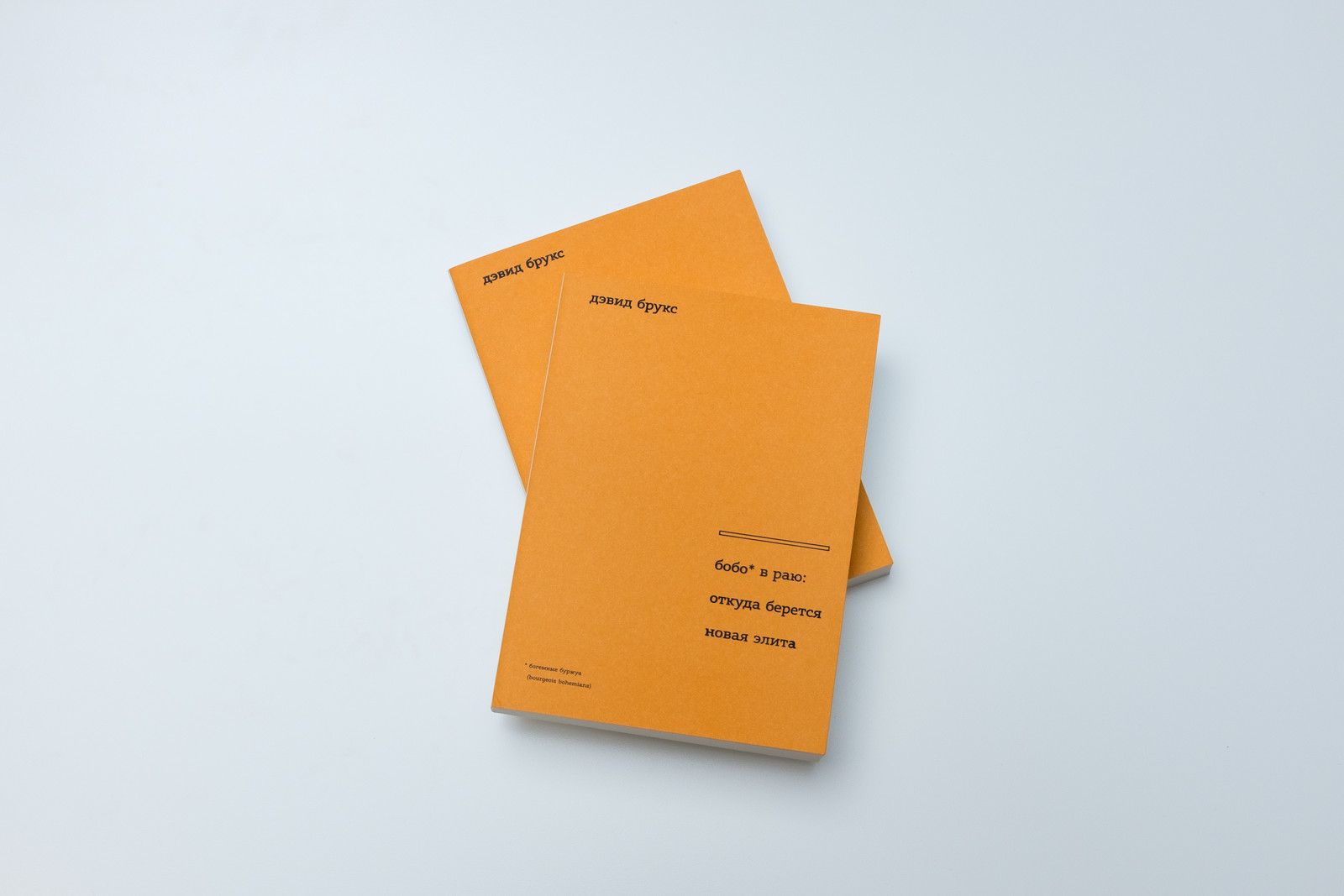The American sociologist and journalist David Brooks analyses the emergence of a new elite in the information age that he calls “the bohemian bourgeoisie.”
Bobos in Paradise: The New Upper Class and How They Got There by American journalist and sociologist David Brooks was published for the first time in Russian as part of Garage Center for Contemporary Culture's joint publishing program with Ad Marginem press.
In this work, Brooks presents a new type of educated social class that he suggests has emerged in America over the past twenty years, and which he refers to as bobos (bourgeois bohemians). According to Brooks, bobos have developed a special code of rules and conventions - which represent a marriage between the liberal idealism of the 1960s and the self-interest of the 1980s.
Brooks reveals how the rise of this new class is intimately connected to the university reforms of the 1960s and the growth of the information age. Members of the educated class, who proclaimed bohemian, anti-bourgeois values in the 1960s, unexpectedly started to generate a significant income - a trend that was reversed in the 1980s with the emergence of a more conservative economically affluent middle class. To reconcile their former liberal beliefs with their new financial status, bobos created a hybrid culture that allowed them to spend money without considering themselves dependent upon it.
Individual expression is placed at the heart of this new culture, determining the bobos' shopping habits and defining their personal and professional success. Brooks also investigates the bobos' spiritual and political beliefs. Bobos adopt a form of spiritual pluralism, following the belief that there is ‘no one true path to morality and virtue'. On the other hand, they also have a tendency to restore authority where it had earlier been rejected - institutional religion, relationships within small communities and local self-government. In politics, bobos look for a ‘third way' of moderation; they seek to smooth out conflicts between the Democratic and Republican ideologies. Politicians who have succeeded in this new era have managed to combine the ideals of the bohemian 1960s with those of the bourgeois 1980s.
Brooks argues that the stability and economic prosperity America enjoys today are the principal achievement of the bobo era, and that these transformations will continue to have far-reaching impacts in the future.





